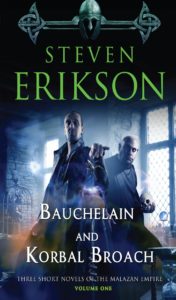 So yay, I finally finished my Malazan short novels collection, which you may remember (although, notably, I did not) I wasn’t so sure about continuing, because of a certain moral brokenness to the second story. So, good news: the third story was not like that. (Bad news: since I read those two out of order, I can’t consider the trendline broken.)
So yay, I finally finished my Malazan short novels collection, which you may remember (although, notably, I did not) I wasn’t so sure about continuing, because of a certain moral brokenness to the second story. So, good news: the third story was not like that. (Bad news: since I read those two out of order, I can’t consider the trendline broken.)
The Healthy Dead was, however, pretty silly. It staked out a position against zealotry related to exercise, good eating, and other aspects of bodily morality, and then… do you know how sometimes authors can draw up fully-realized characters on both sides of an issue and let them fight it out, and while you maybe know the author’s opinion, the debate as written was a fair one? This was not that.
It was also, thankfully, not axe-grindy, since it was written for comedic value and largely worked on that level. But you can definitely tell, underneath it, that the axe exists to be ground. Plus, Erikson’s inability to write good bit characters in his short work continues apace, which is bizarre since he is one of the best I’ve seen at fleshing out throwaway characters in his longer work.
My best guess is that he is so enamored of Bauchelain and Emancipor Reese (and I suppose of Korbal Broach, in a different way (I hope! For my part, it was nice to not see much of him in this story)) that he jealously guards them from losing the spotlight to any minor characters in their own stories.
To sum up: this is a cute little story with almost nothing to recommend it save the force of personality of its main characters, but as I usually tend to like them, that is enough to recommend it to me. But I’ll remain perfectly happy to get back to the big story.
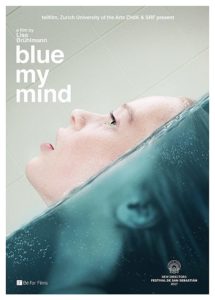 Another week or so, another movie or so.
Another week or so, another movie or so.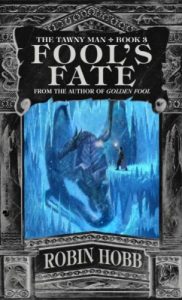 I have not finished many series lately.
I have not finished many series lately. 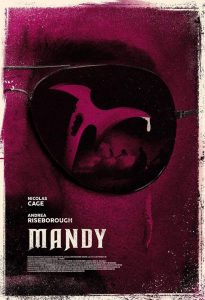 Then I saw
Then I saw 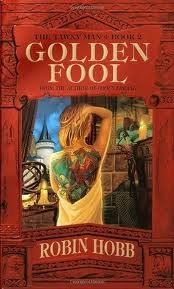 I have really a lot of thoughts about
I have really a lot of thoughts about 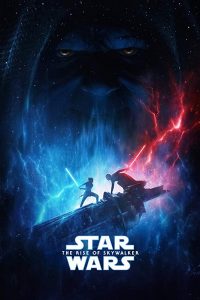 This will be a long one. It will definitely contain a bunch of spoilers, but not for a while and not without notice. Also below a cut, but that’s only so useful unless you’re on the front page of my site, and nobody but me ever is.
This will be a long one. It will definitely contain a bunch of spoilers, but not for a while and not without notice. Also below a cut, but that’s only so useful unless you’re on the front page of my site, and nobody but me ever is.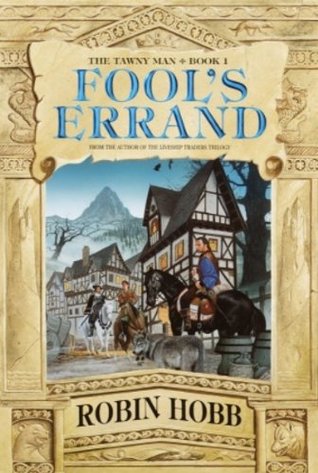 My Hobbsian (and let’s be honest, to a very real extent Hobbesian) journey continues, with the first book of the Tawny Man trilogy.
My Hobbsian (and let’s be honest, to a very real extent Hobbesian) journey continues, with the first book of the Tawny Man trilogy. 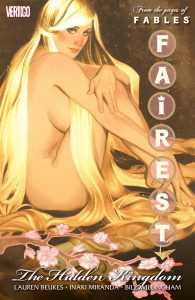 I’m going to start in a couple of weird places. First, a word about Amazon. I understand that it has turned into something of a flea market, like, from an observational perspective. This doesn’t bother me because I can mostly tell what I’m buying and what I’m not. I hear people talk about counterfeits, and I believe it, but I’m either okay at this or lucky, and either way, yay. I bring this up because I just saw something unpleasant while preparing for this review. The link I found for
I’m going to start in a couple of weird places. First, a word about Amazon. I understand that it has turned into something of a flea market, like, from an observational perspective. This doesn’t bother me because I can mostly tell what I’m buying and what I’m not. I hear people talk about counterfeits, and I believe it, but I’m either okay at this or lucky, and either way, yay. I bring this up because I just saw something unpleasant while preparing for this review. The link I found for 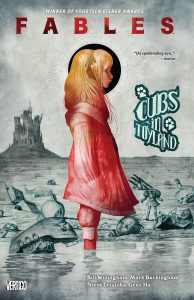 Someday, I will write a review that does not start off discussing how far behind I am and how that’s highly unlikely to change. Today is certainly not that day, in that, at the end of a week of work, I got maybe halfway through my list of tickets once, and I’m positive that a lot of them are waiting on me to do work to proceed. Which is why I never read, which is why I’m actually not very far behind, or wouldn’t be if I hadn’t been on a long drive that included finishing an audiobook. But this is not about that.
Someday, I will write a review that does not start off discussing how far behind I am and how that’s highly unlikely to change. Today is certainly not that day, in that, at the end of a week of work, I got maybe halfway through my list of tickets once, and I’m positive that a lot of them are waiting on me to do work to proceed. Which is why I never read, which is why I’m actually not very far behind, or wouldn’t be if I hadn’t been on a long drive that included finishing an audiobook. But this is not about that.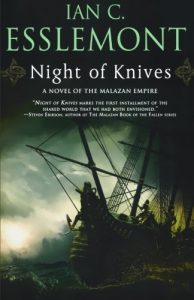 This is where the Malazan books get logistically weird. Because, see, Erikson had a fellow gamer partner back in the early ’80s or whenever they were building this world, which is ultimately my point, that the world builder behind the Malazan books is a they. And apparently the dividing line they have drawn is that Erikson writes about the Malazan Empire in decline[1], whereas Ian Esslemont writes about the Malazan Empire in ascension. Well, he does eventually. In a trilogy written later than this one.
This is where the Malazan books get logistically weird. Because, see, Erikson had a fellow gamer partner back in the early ’80s or whenever they were building this world, which is ultimately my point, that the world builder behind the Malazan books is a they. And apparently the dividing line they have drawn is that Erikson writes about the Malazan Empire in decline[1], whereas Ian Esslemont writes about the Malazan Empire in ascension. Well, he does eventually. In a trilogy written later than this one.